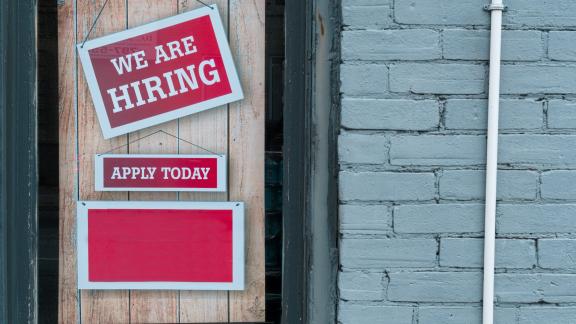The International Planned Parenthood Federation (IPPF) is a global service provider and advocate of sexual and reproductive health and rights (SRHR) for all. IPPF currently works in 151 countries through its national member associations and collaborative partners, supported by a global secretariat.
IPPF Member Associations (MAs) are independent, non-governmental organizations championing the SRHR needs of their local populations, especially the most marginalized. They work with young people, ensuring they are fully literate in the skills they need to manage their health and to engage in safe and fulfilling intimate relationships.
2. Overview of the consultancy
About EmpowHER:
EmpowHER (Ensuring Inclusive SRHR Delivery for Women, Girls and Marginalised communities) is a six-year initiative with three key priority areas:
- Increasing access to quality, person-centred abortion care
- Empowering young people to act on their SRR by expanding access to Comprehensive Sexuality Education
- Promoting national political change and accountability on SRHR.
This restricted funded project will support IPPF’s Strategy 2028 and donor commitments to advance the health and rights of women and girls in all their diversity around the world, ensuring that they can decide what to do with their bodies, their lives and their futures—without question.
Our Partners:
Funded by Global Affairs Canada (GAC), EmpowHER works in diverse communities and settings in partnership with IPPF MAs including Burkina Faso, Colombia, Democratic Republic of the Congo, Ghana, Guinea, Guinea-Bissau, Kenya, Mauritania, Sudan, Togo, Uganda, and Zambia.
IPPF’s 2028 strategy has four pillars, each with three pathways through which a gender lens is embedded that cuts across all areas of work, including in policies, programming, and services. The pathways are accompanied by sets of change commitments which will be achieved through a rigorous process of self-reflection and transformative actions.
As part of EmpowHER, IPPF is facilitating gender self-assessments with up to 11 Member Associations, to establish a baseline, and support learning and actions to further embed a gender transformative lens. The project focus is to ensure inclusion of all people - women, girls, men, boys, and non-binary people - paying particular attention to marginalized communities and those who face a disproportionate burden of inequalities and violence. These gender self-assessments will also help MAs to deliver on one of the key indicators in IPPF’s Results Framework, which tracks shifts in perception and attitudes in relation to gender equality and inclusion across the Federation and the communities we serve.
The list of MAs which are likely to participate in the gender self-assessments are from the following countries: Burkina Faso, Colombia, Democratic Republic of the Congo, Ghana, Guinea, Guinea-Bissau, Kenya, Mauritania, Sudan, Togo, Uganda, and Zambia. Please note that this list is subject to change and will be confirmed during the start-up phase of the consultancy.
Key deliverables for this consultancy are as follows:
- Facilitating and/or overseeing the facilitation of gender self-assessment with up to 11 MAs.
- Co-ordinating and ensuring timely reports and action plans from MAs following the gender self-assessments.
- Synthesizing the results across all the assessments, including areas of strengths, gaps and identified action points.
Key IPPF contacts
- Global Lead- Gender & Inclusion
- Director, Performance, Learning and Impact
To apply:
Interested service provider(s) should submit a proposal, including a suggested methodology, including daily fees. Proposal(s) should be submitted to [email protected] with the subject line ‘Proposal for embedding a gender transformative lens in EmpowHER (Ensuring Inclusive SRHR Delivery for Women, Girls and Marginalised communities) ’ no later than midnight GMT on 23rd July 2024.








